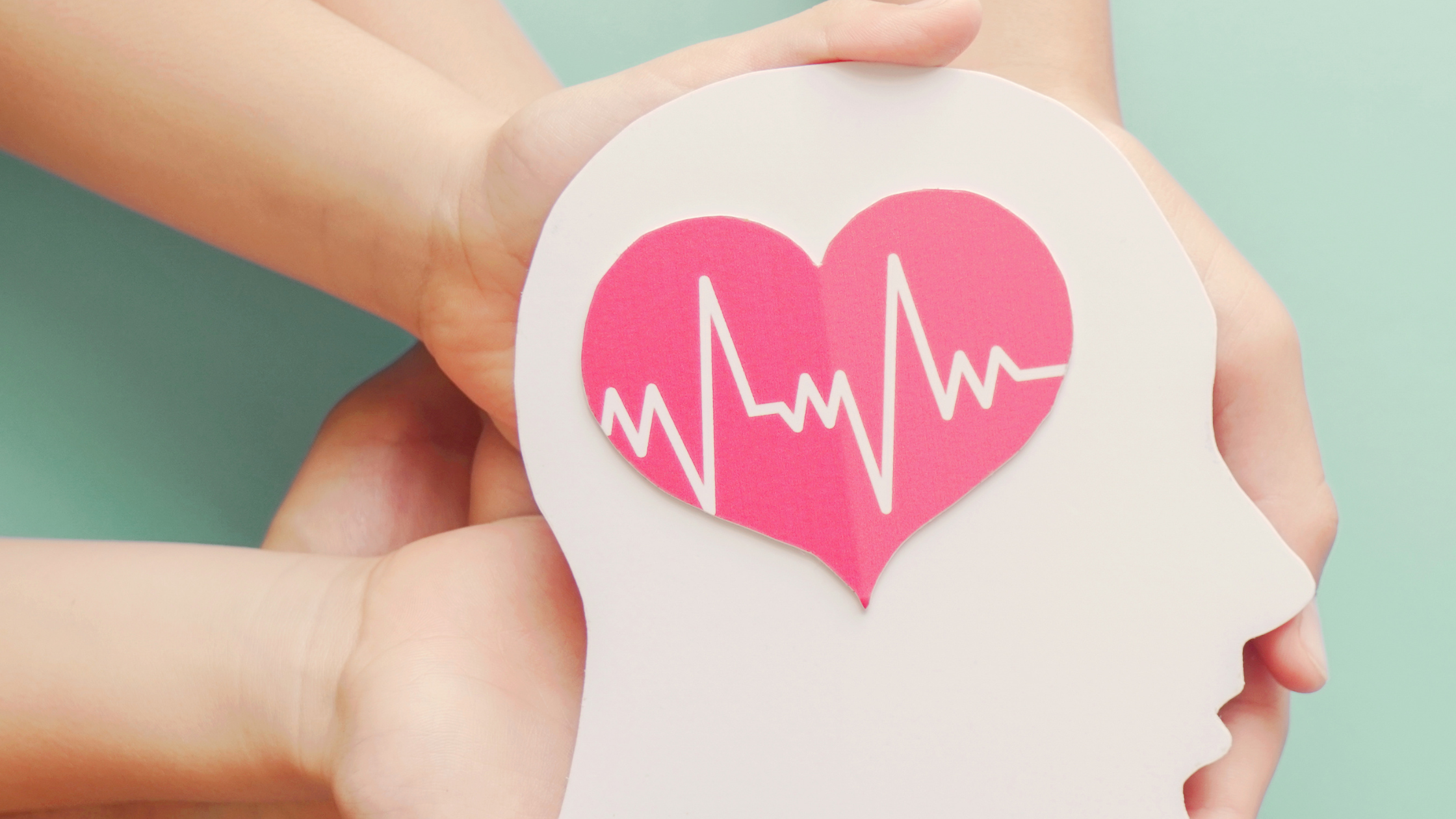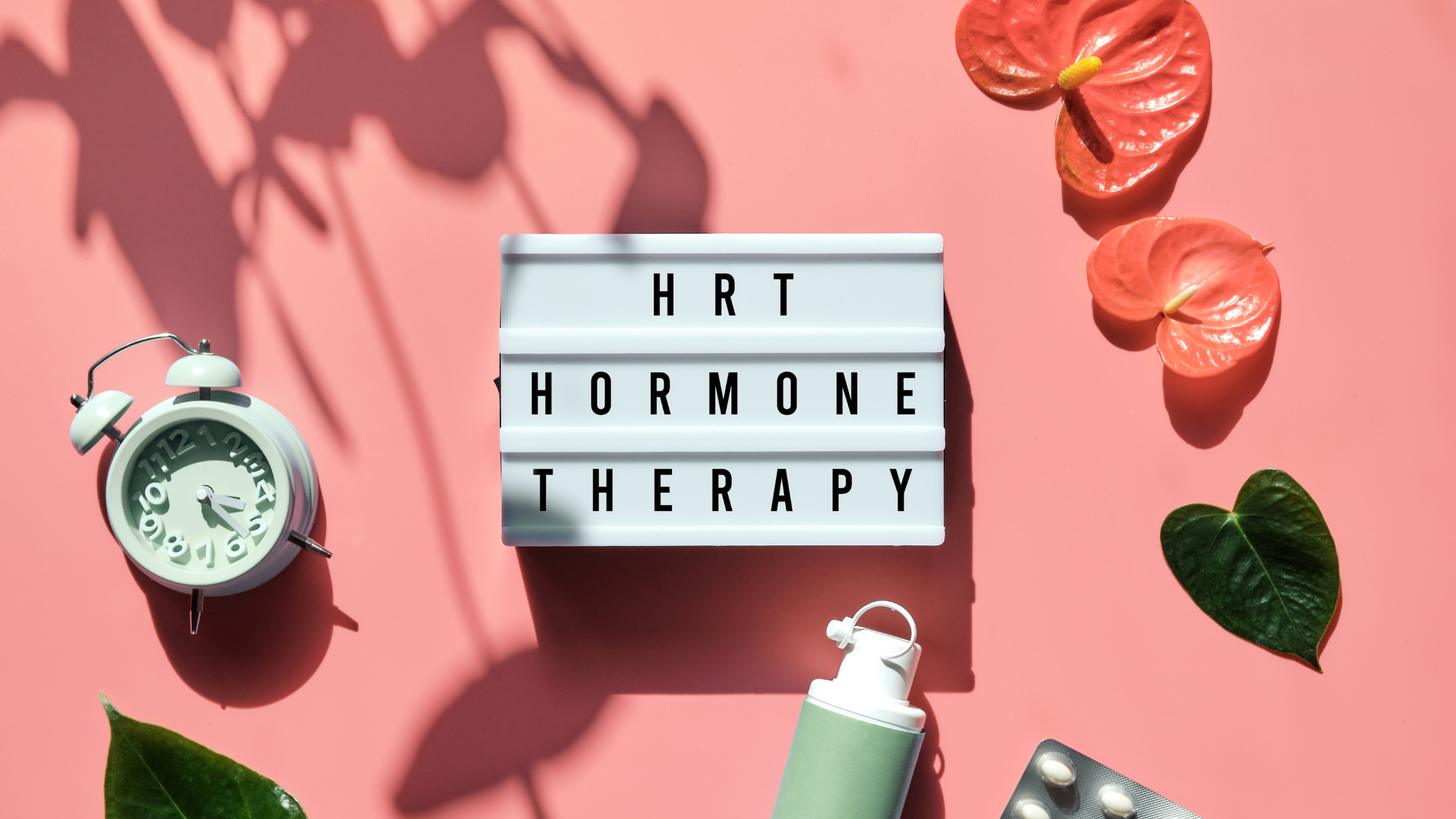Hormones and Memory: Is Menopause Messing with Your Mind?
Written by TYE Medical on Jan 4th 2023
Rest assured, not all memory loss is related to cognitive decline. So, if you’re in your forties and fearing early-onset Alzheimer's, you can probably relax. Most likely, your memory troubles aren’t due to a disease. It’s far more probable that your fluctuating female hormones are the culprit. This combined with a fast-paced, high-stress life and a lack of sleep would make anyone think they’re losing it.
Even if you’re not “in menopause” and experiencing missed menstrual cycles or hot flashes, it doesn’t mean your hormones aren’t affecting you. It’s not uncommon for women in their early to mid-forties to enter perimenopause, which is the longer phase characterized by fluctuating hormones. Menopause, in the most literal sense, is the end result, the loss of your menstrual cycle. However, the journey begins much sooner.
So, what exactly is going on and when should you be concerned? Let’s take a look.
Perimenopause: What’s Going on In Your Brain?

Sometime in early mid-life, you’ll enter a phase of “reproductive aging.” (Flattering, isn’t it?) Your ovaries gradually reduce their output of estradiol, which is the form of estrogen that acts in your brain. It simply means your brain is receiving less estrogen than it’s accustomed to receiving, and this negatively impacts your memory.
This lacking estrogen causes more brain fog and forgetfulness. Sound familiar? In fact, women during perimenopause have notably decreased verbal memory compared to men. This is interesting, because after puberty, women outperform men in verbal memory tests. But the loss of estrogen in mid-life gives men a verbal memory advantage.
Specific regions in your brain are critical for memory, and estrogen affects brain cells in these very regions. This makes learning more difficult during menopause and impairs both thinking skills and concentration.
The good news? Since impaired memory in women is primarily due to hormones and not natural aging, your cognitive abilities and memory improve after menopause. Once your hormones stabilize, your brain adapts to the new hormonal environment and improves in function. Whew!
For further reading, check out our article, Menopause: Onset and Symptoms Through the Years.
Menopause Brain Fog

According to research, 60% of middle-age women report symptoms of brain fog. The highest percentages are from those going through perimenopause and women within one year of the end of their cycle.
What are brain fog symptoms?
- Memory problems
- Poor concentration
- Lack of mental clarity
- Inability to focus
If you’re middle age and noticing these symptoms in ways that aren’t seriously affecting your daily life, it’s likely menopause brain fog. It may be helpful to discuss your symptoms with your primary care provider or gynecologist on your next visit.
When It’s More Than Hormones

As your brain fog symptoms become more noticeable or consistent, it can be alarming. Is there something wrong with your brain? Are you in the early stage of Alzheimer's? Do you have an underlying disease?
While most of the time, this isn’t the case, you should be aware of more concerning symptoms that warrant further investigation. So what’s normal? Forgetting where you laid your keys or blanking on a person’s name are common menopause brain fog symptoms. So, don’t stress.
But if your symptoms are more disruptive, it could be you’re experiencing a greater fluctuation in hormones and should contact your doctor for treatment options. But sometimes, the symptoms are of even greater concern.
Talk to your doctor right away if you experience any of the following:
- forgetting how to use common objects
- getting lost in very familiar places
- forgetting common words
- repeating questions or comments
- neglecting hygiene
- can’t understand or follow directions
- having trouble carrying out basic daily activities
These cognitive symptoms could indicate dementia or Alzheimer’s disease, but your doctor will also want to rule out other causes like:
- medication effects
- overactive thyroid
- infection
- head injury
- alcoholism
- depression
Be sure to detail all your symptoms to your doctor and don’t delay. Regardless of the cause, early detection and treatment is always best.
Keeping Your Brain Healthy in Middle Age

Generally speaking, you can’t control your hormones or “skip” menopause. So, you might wonder how to deal with the changes and maintain brain health. After all, you want to stand on the other side of menopause with best cognitive health as the natural aging process continues.
Why? Because of these hormonal changes and the loss of estrogen’s benefits (as well as other factors), women are more at risk for Alzheimer’s disease and dementia. Worldwide, women are twice as likely as men to develop dementia.
So, what can you do to maintain brain health through middle age and beyond?
Get Good Sleep
This is a tall order for most of us, especially when your changing hormones might be disrupting your sleep. But good night’s rest that includes at least seven hours is crucial to brain health. During the different sleep phases, your brain consolidates learning, stores what you need to remember, and clears your brain of specific markers of Alzheimer’s disease. Lack of sleep or poor quality sleep is a disservice to your brain and cognitive health.
Need a few tips for a good night’s rest?
- Keep a routine sleep schedule, even on non-work days
- Ensure your room is cool and dark
- Consume less caffeine
- Try a natural sleep aid with doctor supervision
Eat for Brain Health
When it comes to food, what’s good for your heart is good for your brain too. Omega-3 fatty acids are the building blocks of your brain, and a diet rich in them can boost your memory and cognitive function.
Nourishing your brain also means eating more whole grains and lowering your refined sugar intake. If you want to include all of these tips, try the Mediterranean Diet which incorporates a variety of brain healthy foods and Omega 3s.
Get More Exercise
Exercise stimulates the memory-critical areas of your brain. It also boosts its information processing centers. This is why daily exercise, at least 30 minutes each day, five days per week, is recommended to keep your brain in shape. A daily exercise routine is especially important for women in perimenopause who want to counter “hormone brain” in mid-life.
A combination of aerobic exercise and resistance training are recommended for maximum benefit. You can try exercises like:
- Walking
- Biking
- Tennis
- Swimming
- Body weight exercises
- Free weight exercises
Exercise Your Brain
Using your brain by keeping it active, actually increases its ability. If you want to combat changing hormones during perimenopause, consider breaking out some crossword puzzles and reading materials.
- Brain stimulating activities include:
- Word games
- Crossword puzzles, Sudoku
- Reading
- Digital brain games
- Learning a new skill or hobby
Socialize
Social interaction focuses your attention outside of yourself, allowing for increased external stimulation, which is good for your brain. You’re forced to think according to someone else’s perspective as you interact. And often, spending time with someone else introduces less routine activities and experience that all energize your brain activity.
Minimize Stress
Stress is known to have a negative impact on memory. This means that during the hormonal highs and lows of perimenopause, keeping low stress levels is key to alleviating brain fog. Whether acute or chronic stress, both can drain your memory power. Even if you’re managing common mid-life stressors like caring for aging parents or juggling work and home responsibilities, it’s important to keep a check on your stress levels.
Should You Try Hormone Replacement Therapy (HRT)?

This requires a lengthy discussion with your doctor. If your brain fog or cognitive symptoms are due to perimenopause and severe enough, HRT is worth considering with your doctor. But be sure you address the issue as soon as possible, because research shows that introducing hormone therapy is beneficial to brain function only when introduced early in perimenopause. It appears to have negative affect on cognitive function when used as a treatment in later menopause, even increasing your risk of disorders like Alzheimer’s.
Typically, doctors don’t prescribe hormone replacement therapy for brain fog symptoms alone. Usually, other menopause symptoms are also severe, and HRT is used to address a wider range of symptoms.
If you have certain pre-existing conditions, your doctor will recommend you avoid HRT as it could put your health at greater risk. Conditions that would preclude HRT include:
- Breast cancer (in your past or present)
- Estrogen-dependent cancers (past or present)
- Blood clotting disorders or history of
- Certain arterial disease like angina or heart attack
- Liver disease
This is not a conclusive list and your doctor can discuss and other possible reasons that HRT would pose a health risk
The Takeaway
As the rise and fall of hormones like estrogen-induced brain fog symptoms like memory and concentration issues, it can seem like you’re losing your mind. After all, you’re just too young for this, right? But in most cases, it’s a temporary life phase that will resolve as your hormone levels settle and adjust post-menopause.
In the meantime, you can combat the effects if you take care of yourself, ensuring adequate sleep, a healthy diet, and daily exercise. Exercising your brain with stimulating activities along with stress reduction can also boost your overall brain health.


